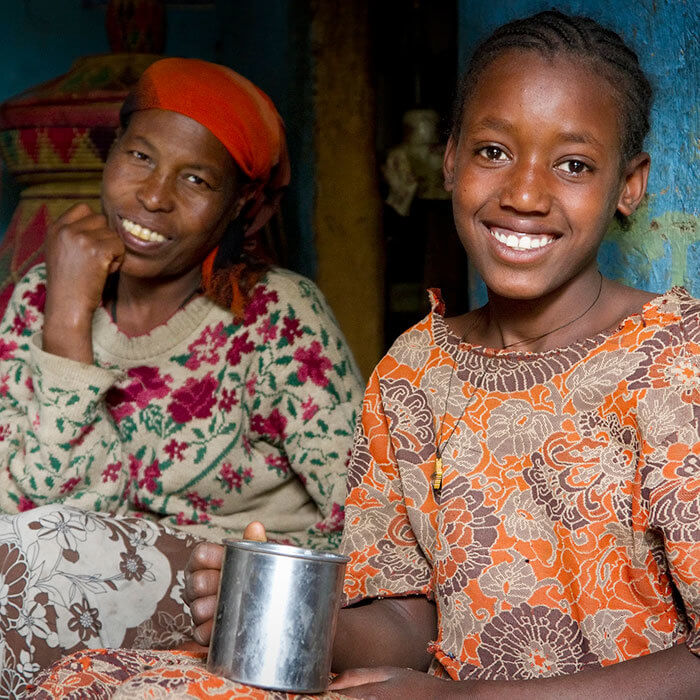Millions of women and children around the world are undernourished. R4D is assessing market barriers and developing strategic options to get new and proven life-saving nutrition products to where they are needed most.
The Challenge
Undernutrition for women and children is a major driver of infant and child morbidity and mortality. In low- and middle-income countries (LMICs), approximately 240 million women are underweight, where maternal underweight is a key factor to adverse pregnancy outcomes such as small for gestational age and low birth weight. Child wasting also affected 47 million children under 5 in 2019, contributing to millions of preventable deaths. Supplementary and therapeutic products have the proven potential to save many lives and substantially improve other outcomes – but market access remains low even for the most mature of these products, and innovative products have an uncertain path to reaching scale.
The Opportunity
Maximizing the impact of potentially life-saving nutrition products will require a better understanding of market barriers and enablers of scale. This will need key market actors to implement new strategies to shape the markets for these products, both within countries and globally. Building on learnings from R4D’s recent Strengthening Systems for the Treatment of Acute Malnutrition Project, the Maternal and Child Wasting Project explored barriers and opportunities to introduce or scale up four key commodities that address different levels of undernutrition for mothers and children under five: small-quantity lipid-based nutrient supplements (SQ-LNS) to prevent wasting and stunting; lipid-based nutrient supplements for pregnant & lactating women (LNS-PLW) and/or balanced energy protein (BEP) supplements to address maternal malnutrition and improve birth outcomes; ready-to-use therapeutic foods (RUTFs) to treat severe acute malnutrition (SAM); and promising alternative formulations of RUTF.
Our Work
R4D conducted the project in two phases. In the market analysis phase, the team identified the barriers and enablers for introduction or scale-up of the four product classes, looking across four market enabling dimensions: financing, regulatory, supply and demand. This market assessment was carried out at the global level and in five focus geographies: Ethiopia, Nigeria, Pakistan, Bangladesh and Tanzania. In Ethiopia, Tanzania and Bangladesh, our work was conducted at the national level given the centralized public health systems. Meanwhile, the focus in Nigeria was on Kano state, and on Khyber Pakhtunkhwa (KP) province in Pakistan, given the fully decentralized health systems in those two countries.
The second phase of the project evolved to reflect key takeaways from the market assessment. A key challenge that emerged in the market assessments was nutrition commodity (and broader nutrition financing). As a result, in two countries, Pakistan and Nigeria, R4D worked to support the government on hosting workshops with subnational government stakeholders to co-create solutions for key nutrition financing challenges.
Both phases of the project incorporated targeted research on the malnutrition landscape, focus products and geographies in close collaboration with a variety of stakeholders including donors, implementing partners, ministries of health, procurement agencies, national regulatory authorities, and local and international manufacturers to ensure that lives are saved through increased and sustainable access to high-quality malnutrition prevention and treatment products.















